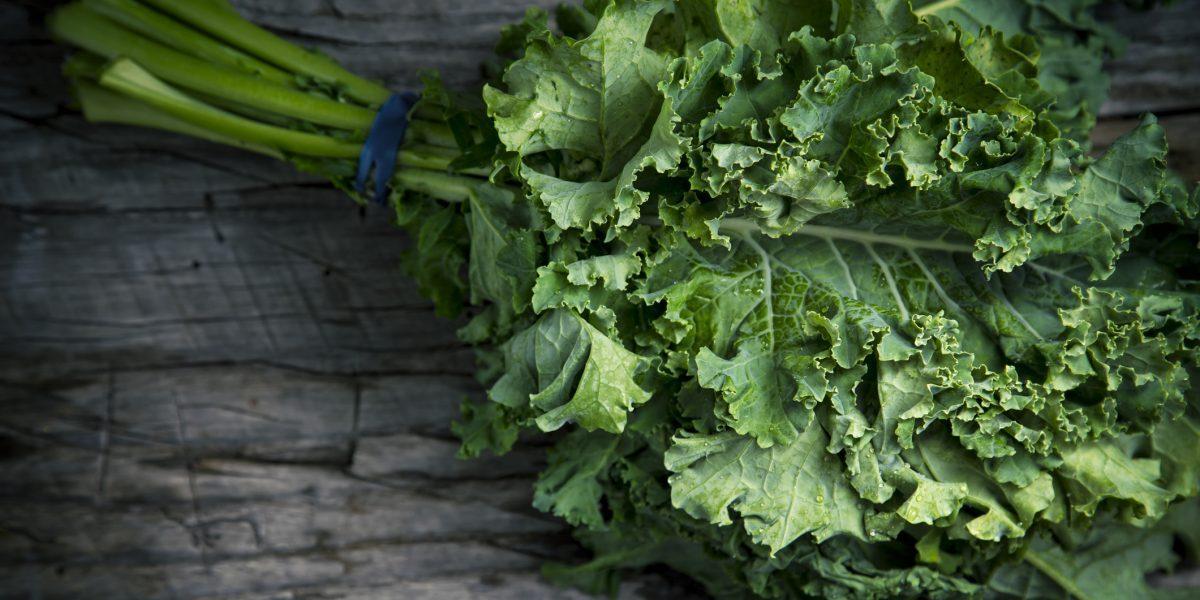
How Your Body Knows The Difference Between 100 Calories Of Kale vs. Junk Food
Not all calories are created equal.
Your body processes calories from certain foods differently, depending on whether or not the food (and its ingredients) are nutrient-rich or nutrient-poor. Kelly Hogan, a clinical nutrition and wellness manager at Mount Sinai’s Dubin Breast Cancer center, helped explain why certain foods, such as kale, are processed differently in our bodies than a food like sugary cereal. She said it’s important to focus on the nutrient density of foods.
“A [100-calorie] bowl of kale with an egg is going to give you high quality protein, fiber and a big variety of vitamins and minerals like vitamins, A, C, K, folate, etc,” Hogan said. “A [100-calorie bowl of] cereal that is high in sugar is not going to give you the same quality nutrients. And what’s more, the fact that it is low in protein and fiber but high in sugar can set you up for a blood sugar spike and crash, bringing on more cravings for sweets or refined starches throughout the day.
She added, “It’s easy to overeat when eating these types of food because of these blood sugar fluctuations and the fact that they aren’t typically super filling.”

You can tell you’re having a blood sugar crash if you start to experience irritability, dizziness, weakness or an intense feeling of hunger, Hogan said.
“This is where the term ‘hangry’ comes from as well ― when our blood sugar is low and we need to eat something, we often have difficulty concentrating, focusing and are more likely to snap at others,” she explained. “The body will physiologically crave something sweet or starchy when blood sugar is low because these are the foods that can raise blood sugar quickly.”
To prevent these type of crashes, try eating foods that are nutrient rich, like fruits, veggies, lean proteins, legumes, nuts, seeds, beans and dairy (the Center for Disease Control has a helpful graphic that offers nutrient-dense information for certain ingredients). Hogan likes to call these “whole foods” and you might know some of them by another term ― “complex carbohydrates.”
“Complex carbohydrates are carbohydrates that take the body longer to break down into sugar because they have longer, more complex chemical structures compared to sugar,” she said. “They are a more sustainable energy source because of this and won’t raise blood sugar quite as quickly as more simple sugars.”
And no matter what, don’t assign foods labels like “good” or “bad.”
“Giving food labels like that fuels a diet culture and harmful relationship with food,” Hogan said. “In a diet with plenty of these whole foods, there is absolutely room for less nutrient dense but also delicious foods, like cake, for example.”
Sounds like a plan to us.
Written by Carly Ledbetter, article and images sourced from The Huffington Post
